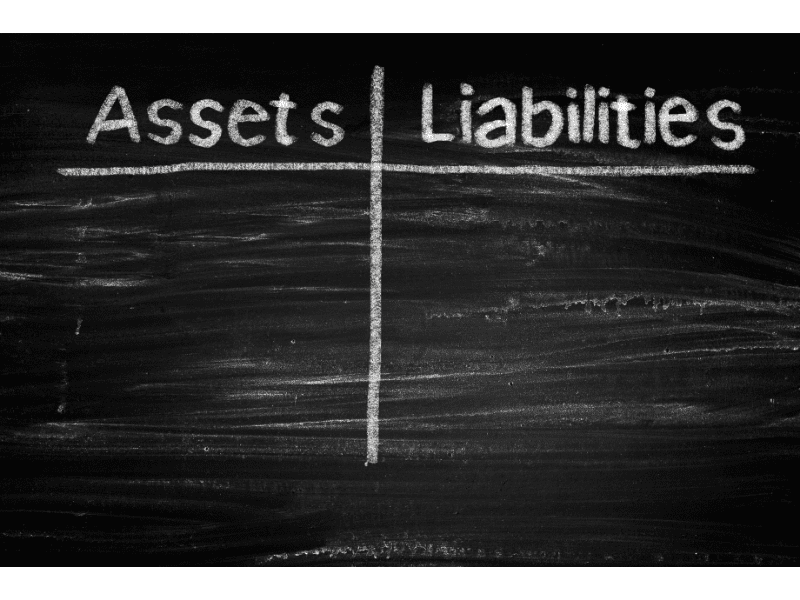“Rich Dad Poor Dad,” written by Robert Kiyosaki, has left an indelible mark on the world of personal finance, imparting invaluable lessons that transcend generations. Let’s delve into seven key principles from the book and explore how they can be applied to enhance your personal financial journey.

1. Embrace Financial Education
Rich Dad emphasizes the importance of continuous financial education. Take proactive steps to enhance your financial literacy by reading books, attending seminars, and staying informed about economic trends. A well-informed financial mindset is your greatest asset.
2. Shift from Employee to Investor Mentality
Move beyond the traditional mindset of relying solely on a job for income. Develop an investor mentality by exploring opportunities for passive income, such as real estate, stocks, or entrepreneurship. Diversify your income sources to achieve financial stability.

3. Assets vs. Liabilities: Know the Difference
Understand the distinction between assets and liabilities. Assets put money in your pocket, while liabilities take money out. Prioritize acquiring assets that generate income and appreciate over time, contributing to long-term wealth accumulation.
4. Make Money Work for You
Instead of working for money, make money work for you. Invest wisely in income-generating assets that have the potential for long-term growth. Build a robust financial foundation that allows your wealth to multiply passively.

5. Focus on Creating Passive Income
Passive income is a key component of financial freedom. Identify avenues to generate income without active daily involvement. This could include dividends from investments, rental income from properties, or profits from a successful business.
6. Take Calculated Risks
Risk is inherent in financial endeavors, but it’s essential to take calculated risks. Educate yourself, conduct thorough research, and be willing to step outside your comfort zone. Prudent risk-taking can lead to significant financial rewards.

7. Master the Art of Budgeting and Saving
Implement a disciplined approach to budgeting and saving. Differentiate between needs and wants, allocate funds strategically, and prioritize saving a portion of your income. Building a financial cushion provides a safety net for unforeseen circumstances.

By incorporating these lessons from “Rich Dad Poor Dad” into your personal finance strategy, you can chart a course toward financial independence and wealth creation. Remember, the journey is ongoing, and continuous learning and adaptation are integral to achieving lasting financial success.
Source: “www.forbes.com & Google news”
Also Read the Article: Top 5 Personal Financial Tips for Beginners: Navigating Your Financial Journey

